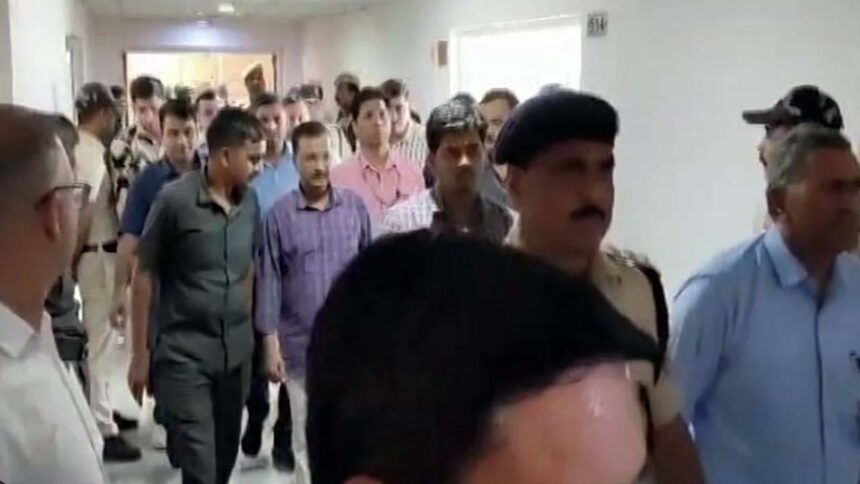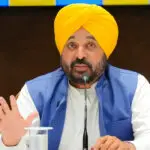Following a day spent in custody on corruption charges, Arvind Kejriwal issued his inaugural directive as Delhi’s Chief Minister on March 24, briefly sparking a debate on the practicality of governing from confinement. Simultaneously, his arrest mere days before the general elections drew global scrutiny.
Kejriwal’s directive was directed to his cabinet colleague Atishi, focusing on addressing the water crisis afflicting the national capital.
The Enforcement Directorate detained Kejriwal in connection with the Delhi excise policy case on March 21, where two senior members of his Aam Aadmi Party (AAP), Manish Sisodia and Sanjay Singh, are currently in judicial custody.
In its remand documents, the ED alleged Kejriwal’s involvement in a conspiracy to formulate the excise policy 2021-22 favoring specific individuals and soliciting kickbacks from liquor businessmen in return for policy favors.
Presented before the Rouse Avenue Court on March 22, Kejriwal faced the ED’s request for remand. The court subsequently granted the Delhi CM six days of ED custody until March 28, citing him as the “mastermind” of the case.
India’s summoning of the German envoy on March 23 aimed to denounce the German government’s commentary on Kejriwal’s arrest, considering him a significant opposition figure.
Subsequently, Sebastian Fischer, spokesperson for Germany’s foreign office, acknowledged the incident, asserting the expectation of fair and impartial trial proceedings for Kejriwal, in accordance with democratic principles and judicial independence.
India rebuffed these comments as biased and unwarranted, condemning them as an intrusion into its internal affairs and a disregard for judicial independence.
Scheduled for Wednesday, the Delhi High Court will address Kejriwal’s plea challenging his arrest and a lower court’s decision to grant the ED seven days of custody. Arrested on Thursday, the Rouse Avenue court remanded him to the Probe Agency’s custody until March 28.
A protest rally organized by the AAP in the capital on March 24 aims to voice opposition to Kejriwal’s arrest. Delhi cabinet minister Gopal Rai announced the participation of all party MLAs and officials at Shaheedi Park, denouncing the BJP’s alleged misuse of central agencies against opposition figures.
Reacting to Kejriwal’s arrest, social activist Anna Hazare, formerly an ally in the Lokpal movement, expressed disappointment, citing Kejriwal’s transformation from an anti-liquor advocate to a policy maker on the matter.






















